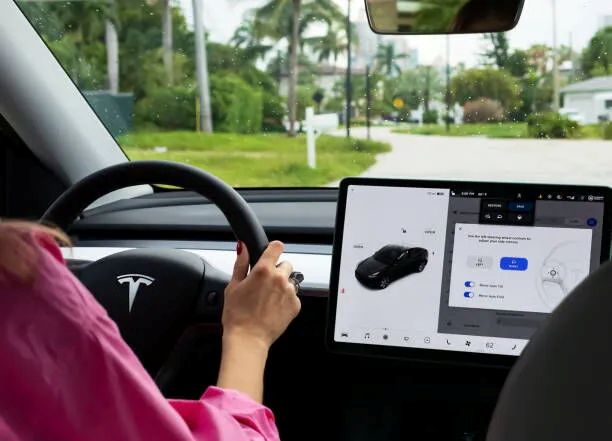Introduction
Topper Company, a leading EV charger manufacturer in China, delivers dependable electric vehicle charging stations and comprehensive charging solutions.
In the realm of electricity and energy consumption, two terms frequently arise: kW (kilowatt) and kWh (kilowatt-hour). Though they sound similar, they represent fundamentally different concepts. Understanding the distinction between these units is crucial for effectively managing energy usage—whether for personal needs or business operations. This article explores the definitions, applications, and significance of kW and kWh, offering a clear comparison to help you make informed energy decisions.
What is a kW (Kilowatt)?
A kilowatt (kW) is a unit of power that measures the rate at which energy is used or generated at any given moment. One kilowatt equals 1,000 watts (W). Power represents the capacity to do work, such as lighting a bulb, running a motor, or charging an electric vehicle (EV) battery.
For example, a 1 kW electric heater consumes 1,000 watts of power while operating. Devices with higher kW ratings require more power, which is why high-powered appliances like air conditioners, EV chargers, and industrial machines typically have larger kW values than smaller devices like LED lights or laptops.
What is a kWh (Kilowatt-hour)?
While kW measures the instantaneous rate of energy use, a kilowatt-hour (kWh) measures the total energy consumed over time. Specifically, 1 kWh is the energy used by a 1 kW device running for one hour. This unit is commonly used by utility companies to bill electricity usage.
For instance, running a 1 kW device for two hours consumes 2 kWh of energy. Thus, kWh is a cumulative measure reflecting total energy consumption, whereas kW indicates power at a specific instant.
Examples of kW vs. kWh
Example 1: Low-Powered Device (LED TV)
A 65-inch LED TV consumes about 100 watts (0.1 kW). Watching it for 10 hours results in:
Energy (kWh)=Power (kW)×Time (hours)=0.1×10=1 kWh\text{Energy (kWh)} = \text{Power (kW)} \times \text{Time (hours)} = 0.1 \times 10 = 1 \text{ kWh}Energy (kWh)=Power (kW)×Time (hours)=0.1×10=1 kWhSo, the TV uses 1 kWh of energy over 10 hours.
Example 2: High-Powered Device (EV Charger)
Consider a 60 kW DC fast EV charger used for one minute (1/60 hour):
Energy (kWh)=60×160=1 kWh\text{Energy (kWh)} = 60 \times \frac{1}{60} = 1 \text{ kWh}Energy (kWh)=60×601=1 kWhThis shows how a high-powered device can consume the same amount of energy in just one minute compared to the TV’s 10 hours.
Key Differences Between kW and kWh
UnitMeasuresRepresentsExample QuestionkWPower (rate of energy use)Instantaneous energy consumption"How much power is this device using now?"kWhEnergy consumed over timeTotal energy usage"How much energy has this device used over time?"
Why Understanding kW and kWh Matters
- Cost Management
- Tracking energy in kWh allows businesses to budget electricity expenses accurately, especially in high-energy industries like manufacturing and data centers.
- Energy Efficiency
- Knowing power ratings (kW) helps identify energy-hungry equipment, enabling upgrades to more efficient models that reduce costs and boost profitability.
- Load Balancing
- Understanding each device’s kW helps prevent circuit overload by balancing electrical demand, ensuring reliable operation and minimizing outages.
- Sustainability Goals
- Monitoring kWh usage supports tracking and reducing carbon footprints, facilitating shifts to renewable energy sources like solar or wind.
- Compliance and Reporting
- Accurate kW and kWh data are essential for meeting industry regulations and energy reporting requirements.
Conclusion
While kW measures the rate of power usage at any moment, kWh measures the total energy consumed over time. Both are vital for making informed decisions on energy consumption in homes and businesses.
By grasping the difference, you can better control energy use, reduce costs, improve efficiency, and support sustainability efforts. Understanding kW and kWh isn’t just about decoding your electricity bill—it’s about empowering smarter, more sustainable energy choices for the future. Know more about Google SEO Directory





Comments